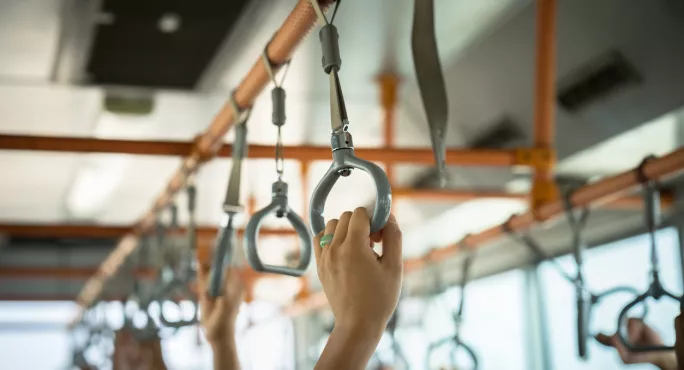Too many headteachers are complaining about how mind-boggling the government’s proposals are for a full September opening.
Why can’t those heads just stop moaning, and instead get on with the perfectly simple task of converting their school into six safe, fully functioning, fully staffed, fully segregated schools by September?
Let’s consider, for instance, the typical kneejerk negativity about school buses: “What’s the point of keeping the year groups separate in school when our buses are going to be full of children from different ages?” is the typically defeatist weeping you’ll hear in many a headteacher’s study right now.
Well, if those heads could be bothered to boggle their minds for a few minutes they would see that there are a number of simple options.
1. Find some extra buses
One easy option is simply to provide a separate bus for each year group for every bus route. That just means about seven times as many buses as there were previously - maybe 150 or more, in the case of some schools.
Admittedly, that increase might present a few problems to the local bus companies. Looking at some of the old charabancs currently puffing and snorting into school bus bays, it’s fairly obvious that they already have to dig quite deep into their vintage collection to meet customer demand.
However, there are plenty of old buses currently idling in the various bus and transport museums dotted across the country. Most of these could be easily commandeered back into action. Getting a steam bus going again is much easier than recommissioning a retired teacher.
2. Ask each bus to go round and round, all day long
With many schools already contemplating staggered starts and finishes, the same bus and driver could pick up one year group at a time. This would mean 14 journeys in the morning and then 14 more in the afternoon.
Yes, this may sound a bit wasteful, but this is what buses are built for. As the song says, “The wheels on the bus go round and round, all day long.”
One verse not yet in the lyrics should reflect the fact that the driver would need to clean and spray the whole bus each time a new year group got off. But this won’t be a problem. As we know, bus drivers all relish the school run, and the repeat journeys and cleaning would just put them in an even better mood.
3. Place year-dividers down the bus.
Large, transparent plastic dividers could be temporarily wedged across different sections of each bus, enabling all year groups still to sit on the bus, together but separate.
Each bubble would enter in turn and start to fill up seats from the back, then insert their divider before the next bubble gets on.
What could possibly go wrong?
4. Scrap buses completely, and introduce touring teachers
Take away the need for buses by putting all village and outlying children on to a completely separate timetable. Using various parts of the local churches, village halls and pubs, the village year groups can all be taught in their bubbles by a series of visiting teachers from their school.
Period 1: Year 10 German in the church vestry. Period 2: Year 12 English in the Red Lion. Etc.
It’s that easy. Mindboggling problems just require mindboggling solutions. Some people need to stop bleating and get on board that DfE bus, with Williamson the conductor and Cummings the recently eye-tested driver.
The wheels are not coming off at all, and everyone knows where it’s going.
Stephen Petty is head of humanities at Lord Williams’ School in Thame, Oxfordshire





